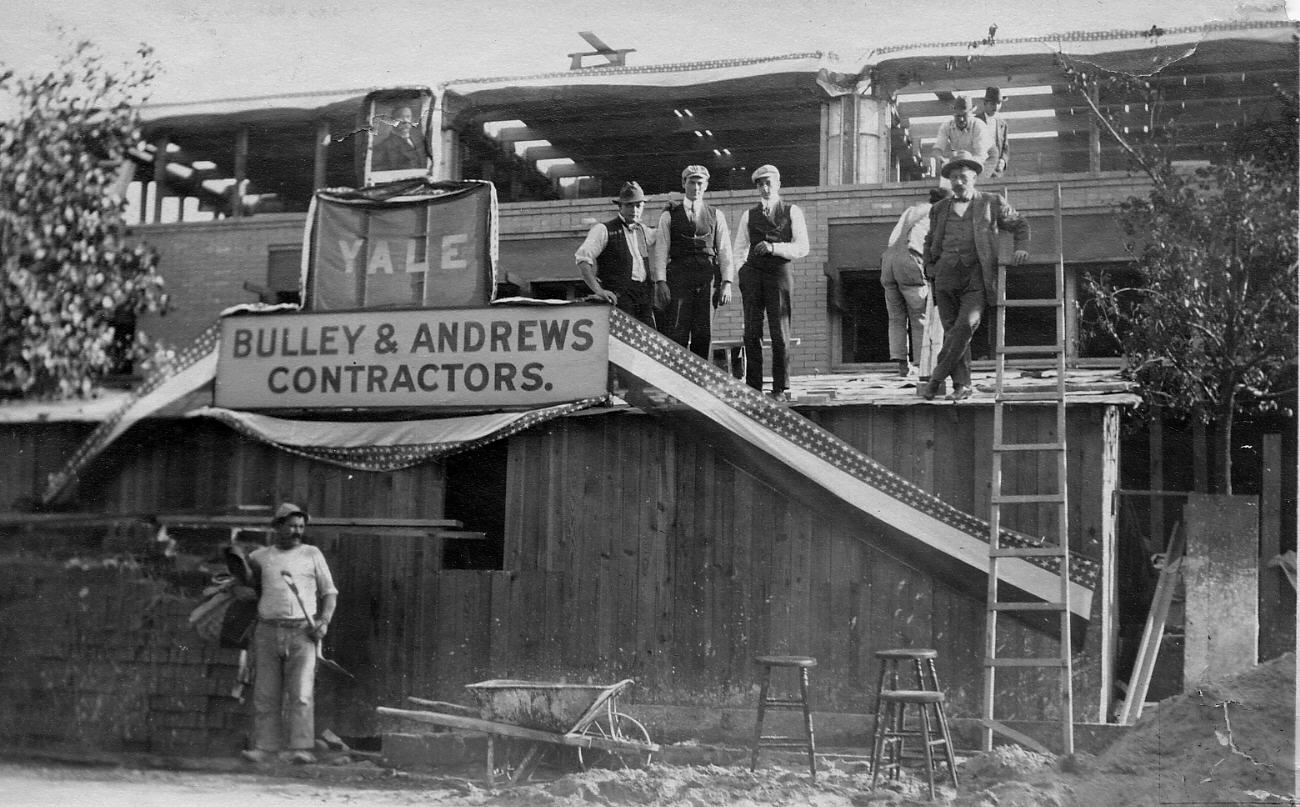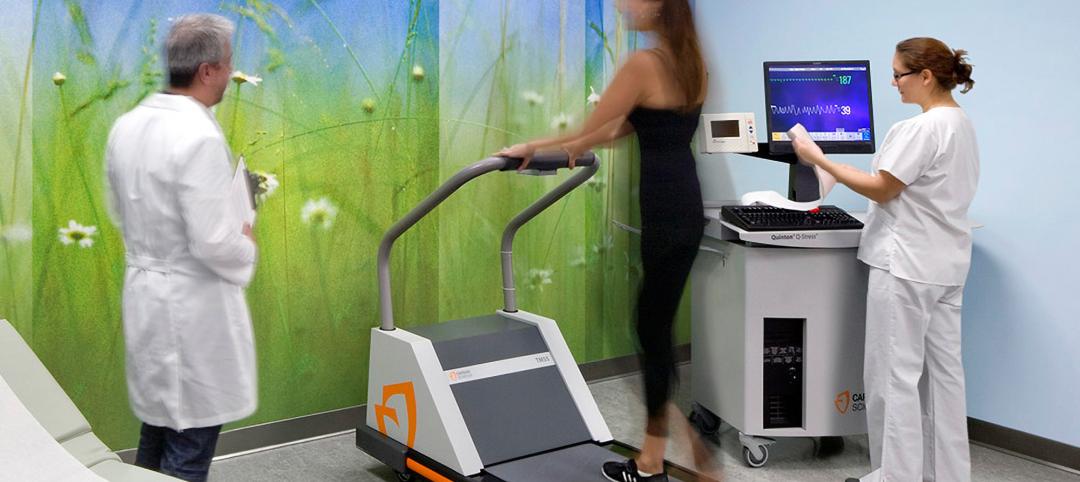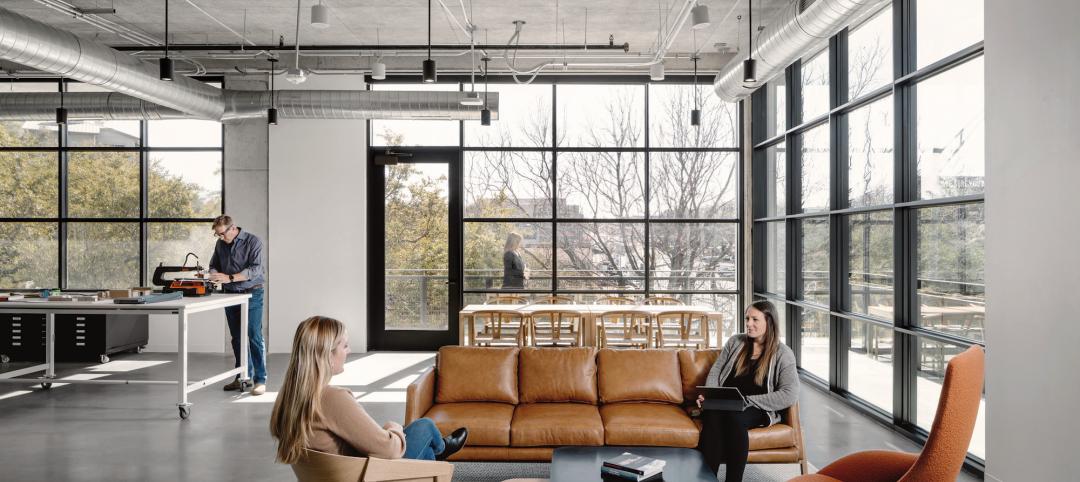In 1891, Frederick Bulley, a 21-year-old English stone mason, partnered with Alfred Andrews, an architect. Four generations and 120 years later, the modest, two man operation has become one of the most successful and well-respected general contracting firms in Chicago.
This year, Bulley & Andrews is proud to celebrate 120 years in business. The family-owned and operated general contractor attributes this significant milestone to the strong foundation built decades ago on honesty, integrity, and service in construction. The firm will celebrate the momentous occasion by hosting an open-house gathering for clients, partners and friends of the firm at the Chicago Club on Thursday, October 13, 2011.
Chairman and CEO, Allan E. Bulley, Jr., and President, Allan E. Bulley, III are the third and fourth generations, respectively, to lead Bulley & Andrews. Yet, family pride and commitment to the firm extends far beyond ownership.
Today, Bulley & Andrews’ annual revenues exceed $210 million and the company employs approximately 70 project management and administrative staff as well as over 200 field personnel. As a self-performing contractor, B&A employs a number of tradesmen whose family histories with the organization span generations and include fathers, grandfathers, brothers and sisters, many of whom have been with the organization for over 25 years.
Significant events in the company’s history include the establishment of Bulley & Andrews Masonry Restoration, LLC, in 2005. Known as BAMR, the group oversees and performs all services necessary to maintain, protect and preserve a building’s exterior. Five years later, in 2010, Bulley & Andrews acquired the assets of Takao Nagai Associates to develop the subsidiary known as Takao Nagai Concrete Restoration. Their concrete repair and waterproofing expertise complements Bulley & Andrews’ extensive restoration experience.
Over the past 120 years, the company has built and restored many of Chicago’s most significant landmarks. Late in 1941, Bulley & Andrews was commissioned by the Atomic Energy Commission to build the laboratory space for the Manhattan Project. Located beneath Stagg Field at The University of Chicago, the project was built in complete secrecy. Decades later, Bulley & Andrews has helped to construct McDonald’s corporate campus in Oak Brook, Ill., restore Frank Lloyd Wright’s famed Robie House and maintain and expand S&C Electric’s campus on the northside. The firm is currently building the world’s largest Ronald McDonald House in downtown Chicago. BD+C
Related Stories
Adaptive Reuse | Jul 27, 2023
Number of U.S. adaptive reuse projects jumps to 122,000 from 77,000
The number of adaptive reuse projects in the pipeline grew to a record 122,000 in 2023 from 77,000 registered last year, according to RentCafe’s annual Adaptive Reuse Report. Of the 122,000 apartments currently undergoing conversion, 45,000 are the result of office repurposing, representing 37% of the total, followed by hotels (23% of future projects).
Hotel Facilities | Jul 26, 2023
Hospitality building construction costs for 2023
Data from Gordian breaks down the average cost per square foot for 15-story hotels, restaurants, fast food restaurants, and movie theaters across 10 U.S. cities: Boston, Chicago, Las Vegas, Los Angeles, Miami, New Orleans, New York, Phoenix, Seattle, and Washington, D.C.
Sustainability | Jul 26, 2023
Carbon Neutrality at HKS, with Rand Ekman, Chief Sustainability Officer
Rand Ekman, Chief Sustainability Officer at HKS Inc., discusses the firm's decarbonization strategy and carbon footprint assessment.
Sports and Recreational Facilities | Jul 26, 2023
10 ways public aquatic centers and recreation centers benefit community health
A new report from HMC Architects explores the critical role aquatic centers and recreation centers play in society and how they can make a lasting, positive impact on the people they serve.
Multifamily Housing | Jul 25, 2023
San Francisco seeks proposals for adaptive reuse of underutilized downtown office buildings
The City of San Francisco released a Request For Interest to identify office building conversions that city officials could help expedite with zoning changes, regulatory measures, and financial incentives.
Designers | Jul 25, 2023
The latest 'five in focus' healthcare interior design trends
HMC Architects’ Five in Focus blog series explores the latest trends, ideas, and innovations shaping the future of healthcare design.
Urban Planning | Jul 24, 2023
New York’s new ‘czar of public space’ ramps up pedestrian and bike-friendly projects
Having made considerable strides to make streets more accessible to pedestrians and bikers in recent years, New York City is continuing to build on that momentum. Ya-Ting Liu, the city’s first public realm officer, is shepherding $375 million in funding earmarked for projects intended to make the city more environmentally friendly and boost quality of life.
Market Data | Jul 24, 2023
Leading economists call for 2% increase in building construction spending in 2024
Following a 19.7% surge in spending for commercial, institutional, and industrial buildings in 2023, leading construction industry economists expect spending growth to come back to earth in 2024, according to the July 2023 AIA Consensus Construction Forecast Panel.
Hotel Facilities | Jul 21, 2023
In Phoenix, a former motel transforms into a boutique hotel with a midcentury vibe
The Egyptian Motor Hotel’s 48 guest rooms come with midcentury furnishings ranging from egg chairs to Bluetooth speakers that look like Marshall amplifiers.
Office Buildings | Jul 20, 2023
The co-worker as the new office amenity
Incentivizing, rather than mandating the return to the office, is the key to bringing back happy employees that want to work from the office. Spaces that are designed and curated for human-centric experiences will attract employees back into the workplace, and in turn, make office buildings thrive once again. Perkins&Will’s Wyatt Frantom offers a macro to micro view of the office market and the impact of employees on the future of work.

















